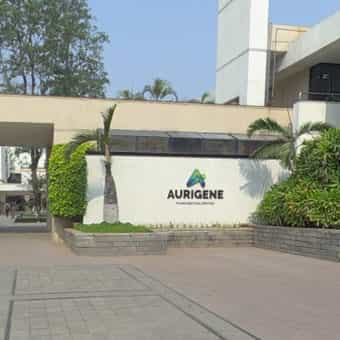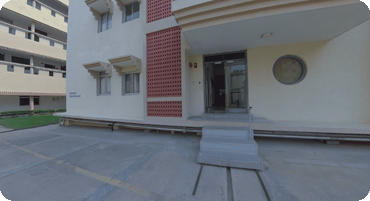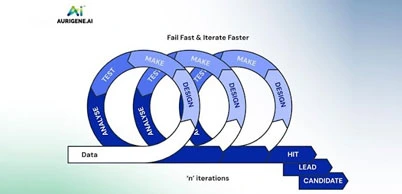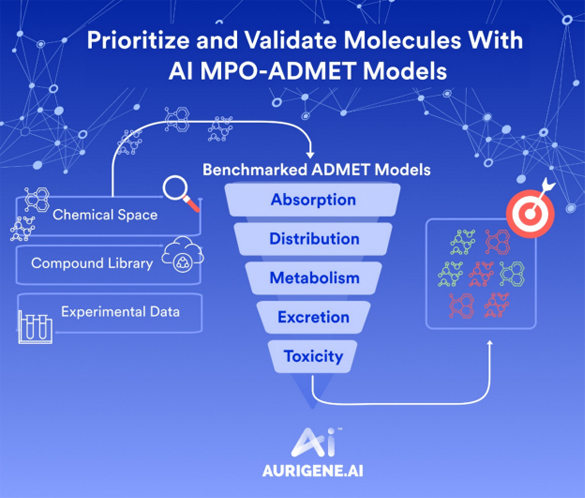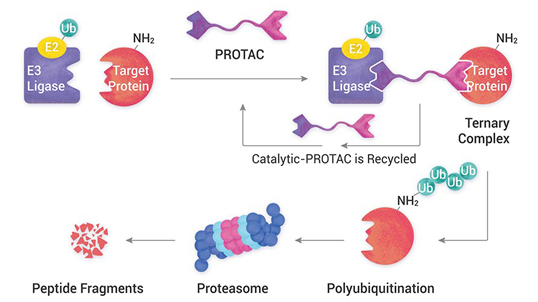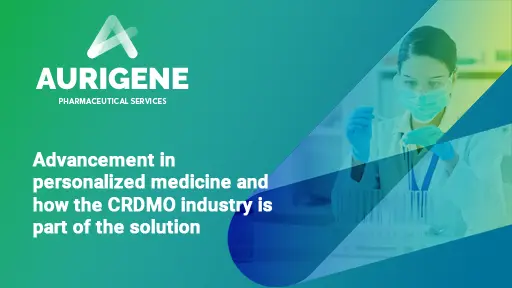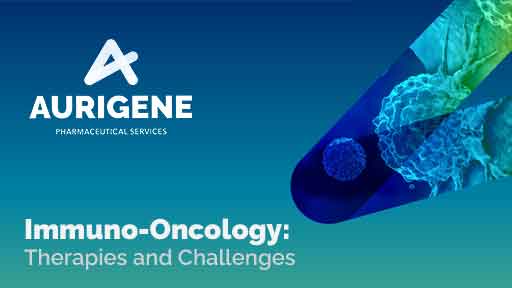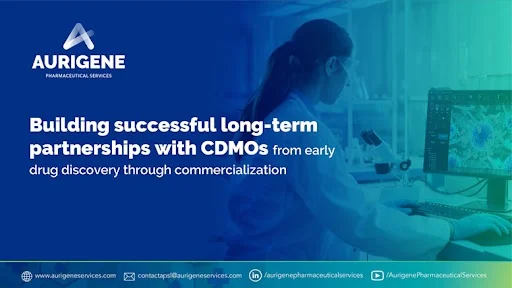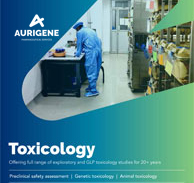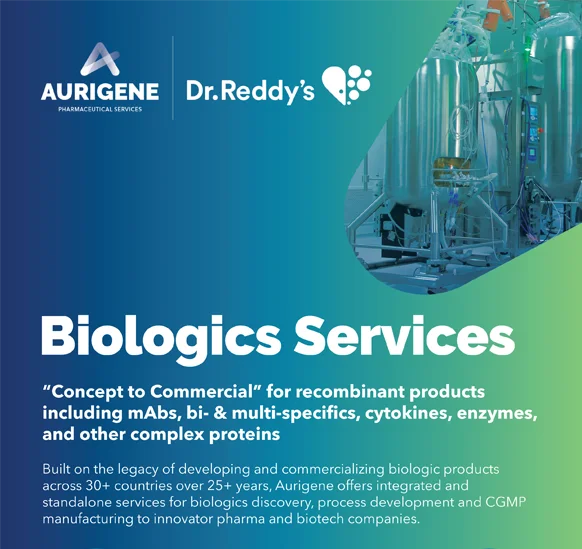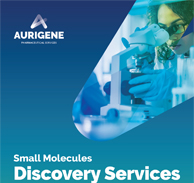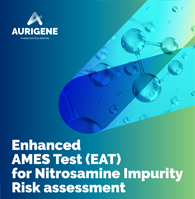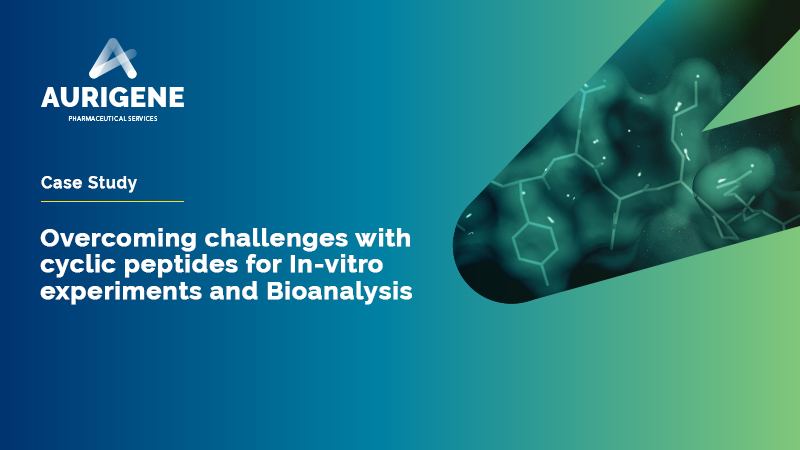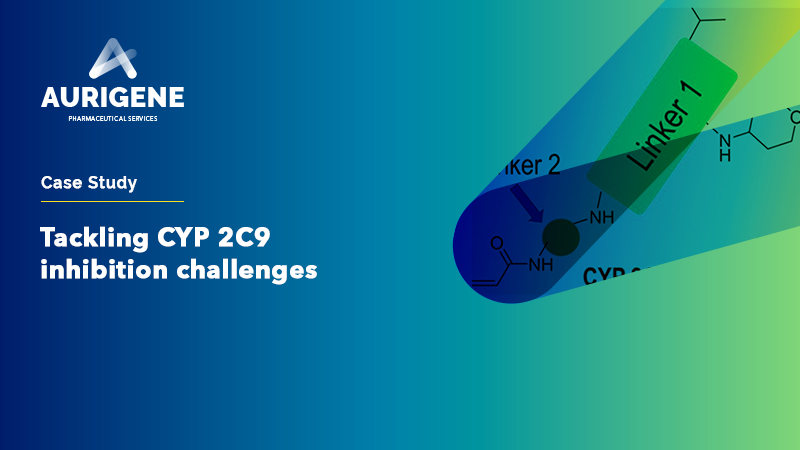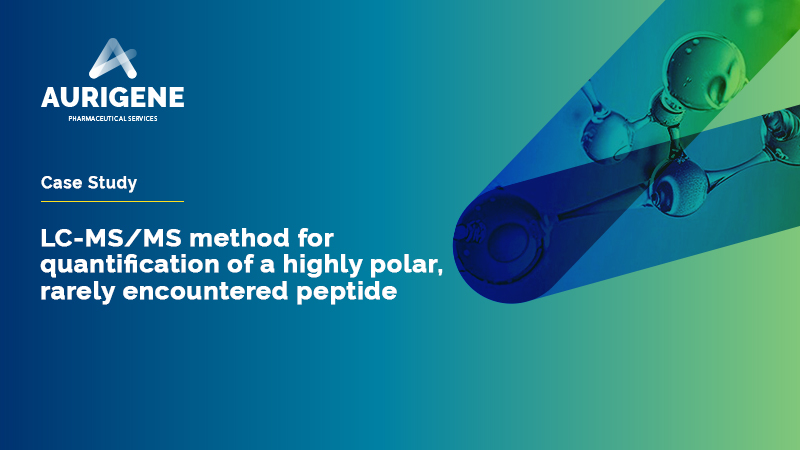

At Aurigene, we specialize in providing a broad spectrum of pre-clinical toxicology studies with a proven track record, tailored to meet the diverse needs of our clients. Our services include single-dose and repeat-dose toxicity, reproductive toxicity, in vitro and in vivo genetic toxicity, core safety pharmacology battery and long-term toxicity studies. Our clients have successfully filed IND/NDA/ANDA/505(b)(2) applications with regulatory authorities including the US FDA, MHRA, EMA, and DCGI.
Over the last 20+ years, we have conducted more than 1,000 exploratory toxicology studies, empowering early discovery efforts and facilitating informed candidate selection. Established in 2002, Aurigene Toxicology Services has been recognized for its commitment to quality, achieving GLP certification by the Netherlands in 2003 and National GLP Compliance Monitoring Authority of India (NGCMA) since 2004. The Test Facility is also fully accredited by the AAALAC for standard lab animal care since 2021.
Our mission is to help driving innovation and enable the seamless progression of drug discovery and development with reliability, precision, and regulatory compliance.
The team is proficient with a wide range of administration routes including oral, intraperitoneal, intramuscular, subcutaneous, intradermal, inhalational, intravitreal injection, and intricate intravenous infusions. We ensure timely and accurate communication across time zones by optimizing workflows, processes, and communication technologies.
The following section outlines the various general, reproduction and genetic toxicity studies conducted by our team. These studies are essential for evaluating the safety and efficacy of new drugs and compounds, ensuring they meet regulatory standards and are safe for use.
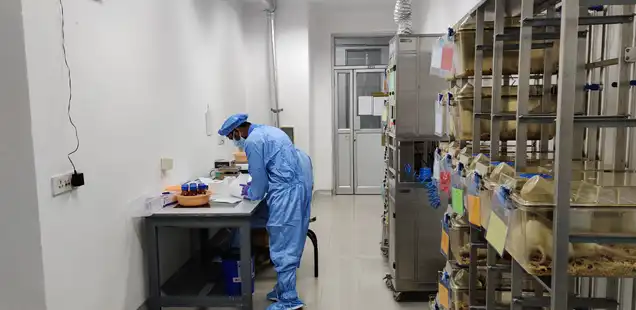
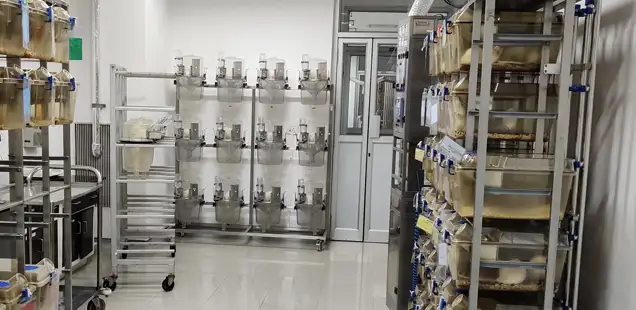
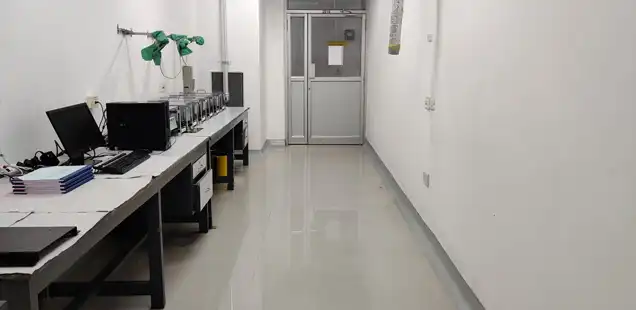
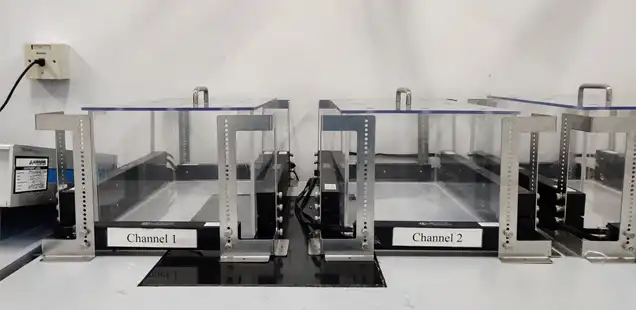
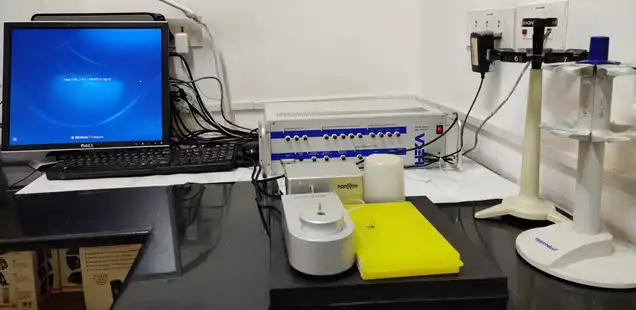
Why Choose Aurigene Pharmaceutical Services?
Proven experience with submissions to the US FDA, MHRA and DCGI
Team of highly qualified and experienced scientists
Capacity to handle more than 1000 rodents simultaneously
State-of-the-art infrastructure
Support for both standalone and integrated services for IND filings
Comprehensive biology capabilities for Integrated Drug Discovery
GLP certified and AAALAC accredited toxicology laboratory
Other Services
- Carcinogenicity Studies and Services
- DMPK Studies
- General Toxicology Services
- Genetic Toxicology Studies and Services
- In vitro Biology and Assay Services
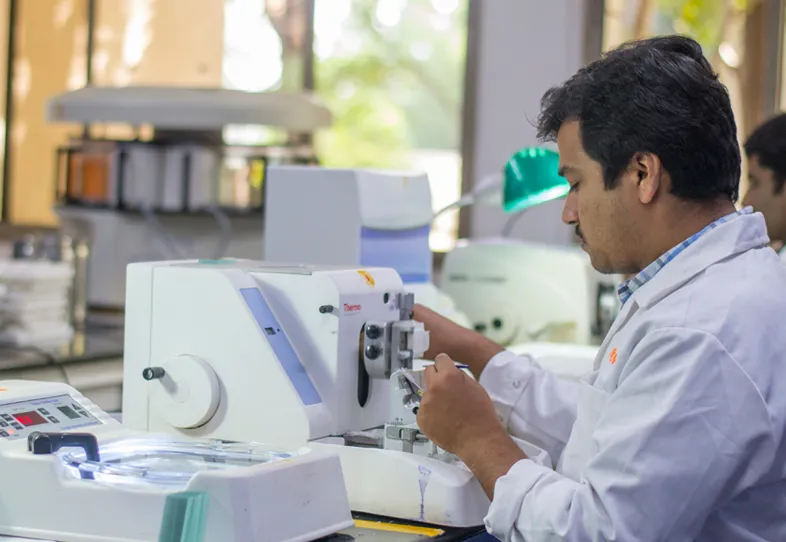
Carcinogenicity Studies and Services
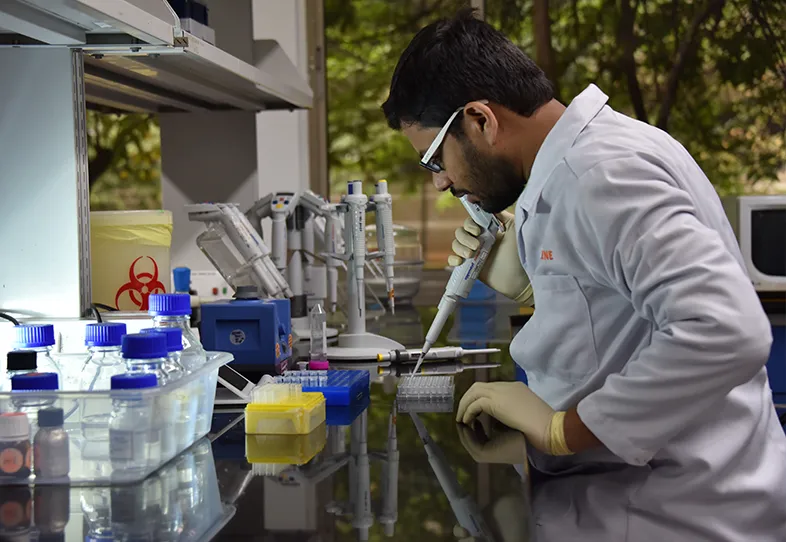
DMPK Studies
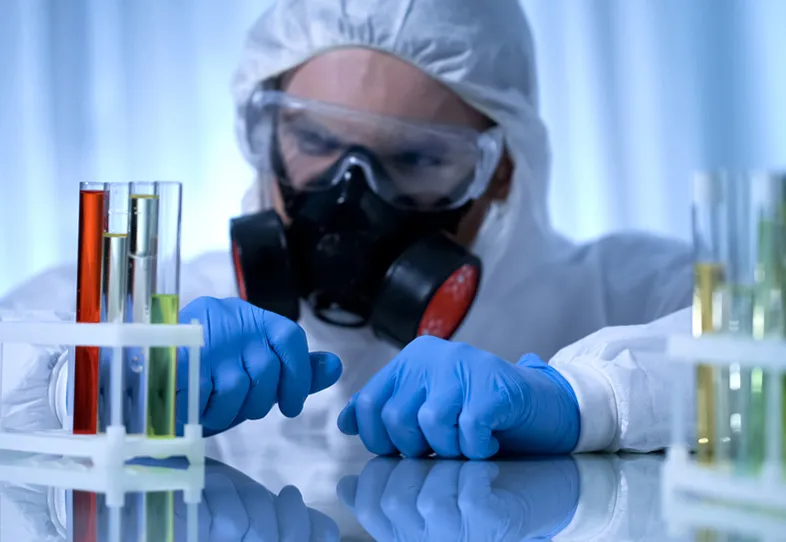
General Toxicology Services
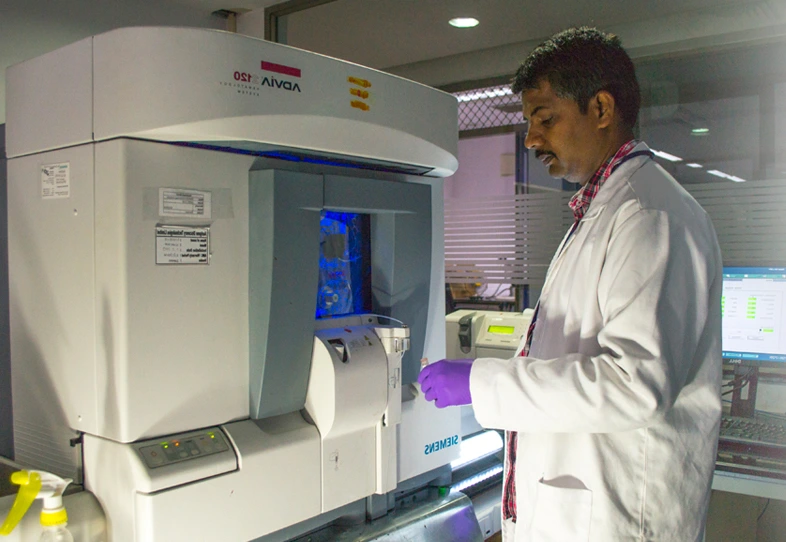
Genetic Toxicology Studies and Services
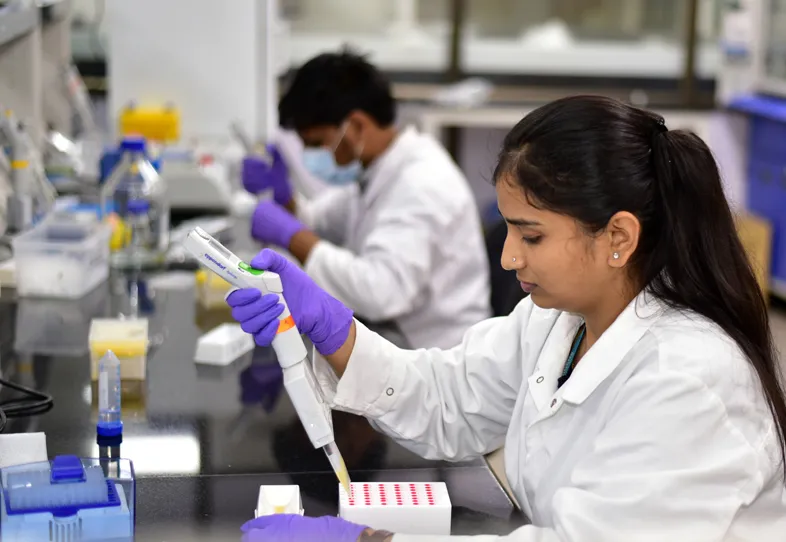
In vitro Biology and Assay Services
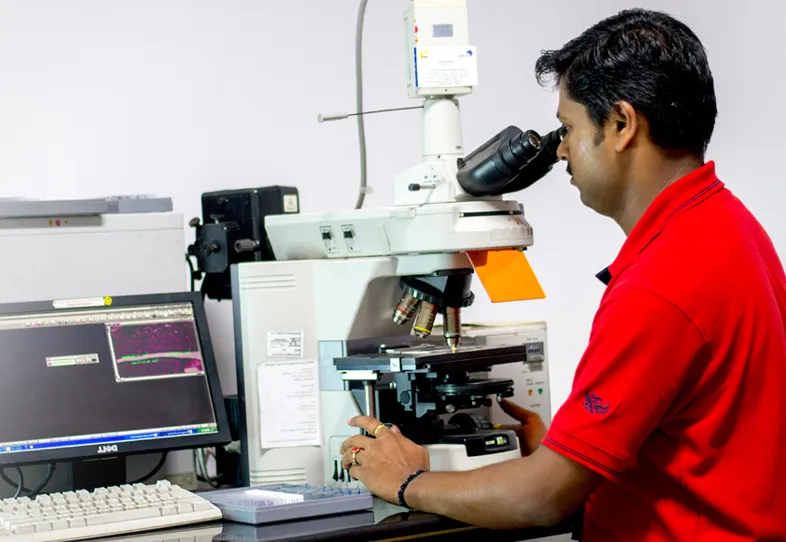
In vitro Genotoxicity Testing Services
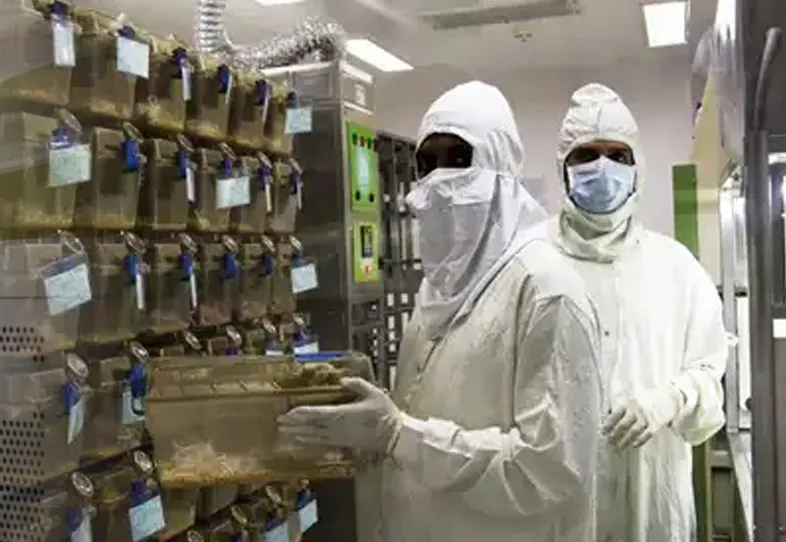
In vivo Pharmacology Studies and Services

Reproductive Toxicity Studies
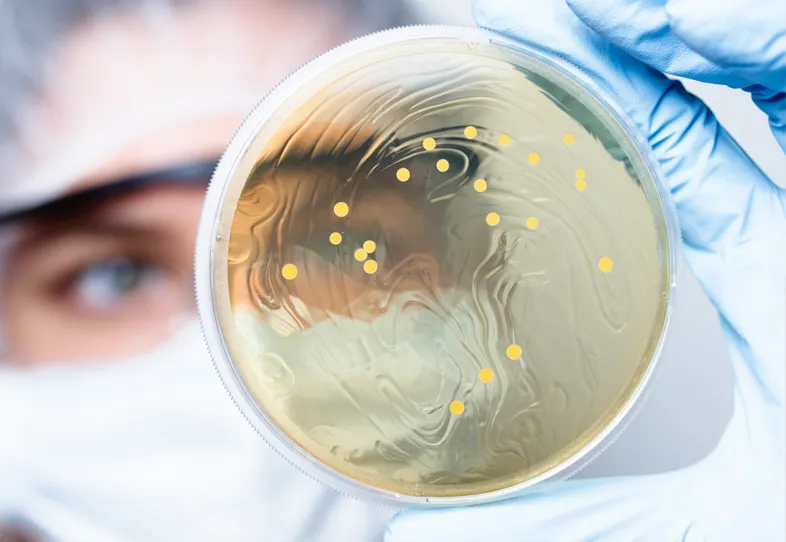
Microbiology Testing Services
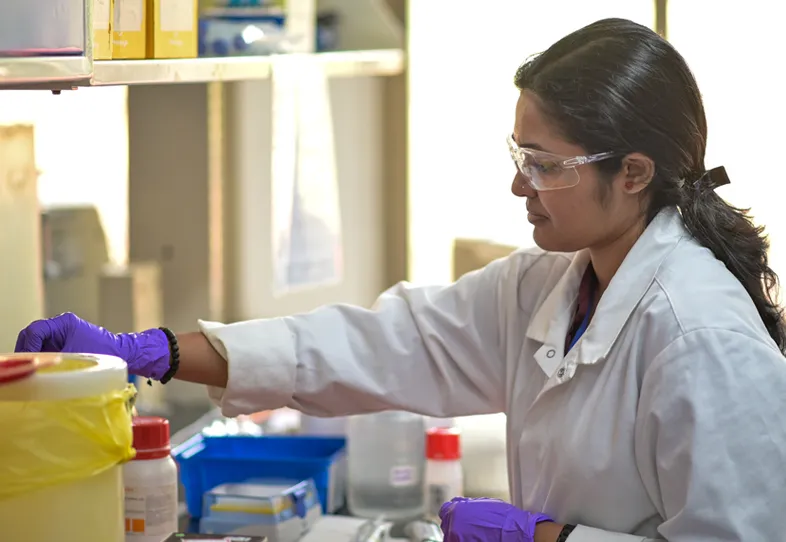
Safety Pharmacology Studies and Services
Connect with our scientific experts for your drug discovery, development, and manufacturing needs
We understand that clear communication is essential to successful collaborations, and that's why we have a dedicated team that is always ready to help you. Whether you have questions about our services, want to discuss a potential partnership, or simply want to learn more about our company, we're here to help.
Our team of experts is dedicated to providing personalised solutions tailored to your unique needs. So, please don't hesitate to reach out to us. We look forward to hearing from you and helping you achieve your business goals.
Learning Resources
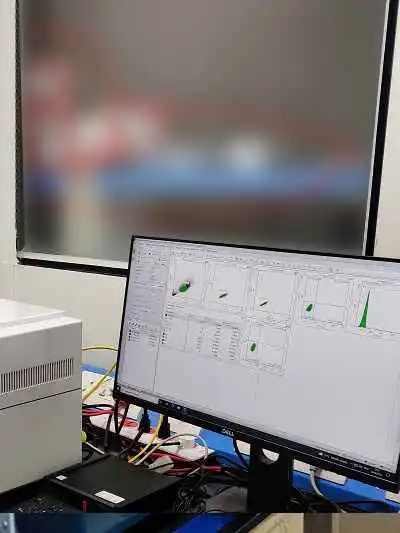
JUNE 28, 2022
Neoantigen Specific T cells For Cancer Immunotherapy
An effective anti-tumor immune response in human is marked by presence of T cells reactive against neoantigens. Neoantigens are HLA-bound unique peptides arise from tumor-specific somatic mutations. Neoantigens are highly immunogenic because they are not present in normal tissues and hence bypass central thymic tolerance. The success of immune checkpoint blockade...
Read More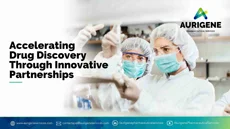
Accelerating Drug Discovery Through Innovative Partnerships
Genomics plays a vital role in identifying which gene is associated with a specific disease. A gene called CNOT1 is for example known for it's effect on brain development and for impairing memory and learning. Despite the great promise genomics provides in understanding the disease, genes are not the best drug targets....
Read More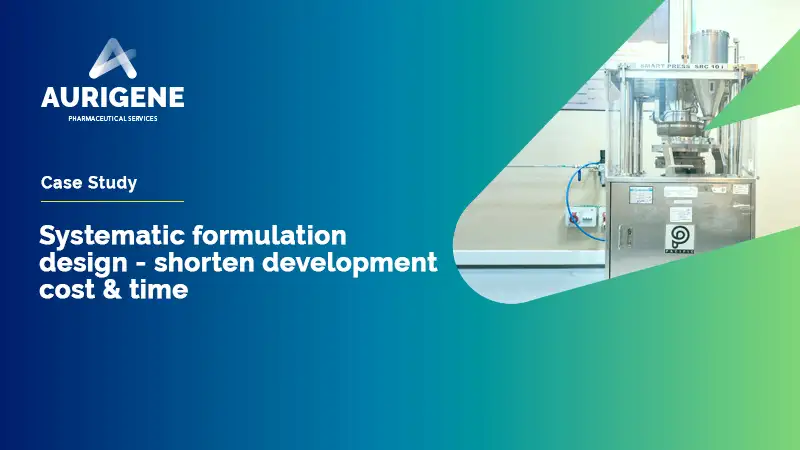
Systematic formulation design - shorten development cost & time
Project Challenge: Existing formulation (lower strength - 50 mg) was manufactured using direct compression process. This formulation posed poor powder flow and content uniformity issues during scale-up. Development of new strength 150 mg without any process issues was a challenge. Solution design: Preliminary pre-formulation, stress study and PSD impact assessmen...
Read MoreAugust 28, 2020
An efficient and convenient protocol for the synthesis of tetracyclic isoindolo[1,2-a]quinazoline derivatives
A convenient and one-pot synthesis of tetracyclic isoindolo [1,2-a]quinazoline derivatives via Lewis acid mediated sequential C–N bond formation reactions is reported. This protocol provides a simple and rapid strategy for the synthesis of 12-benzylidene-10,12-dihydroisoindolo[1,2-b]quinazoline derivatives. However, a variety of tetracyclo indole fused quinazol...
Read More-
January 31, 2025
Development and assessment of a Bcs class II - SGLT2 (Sodium Glucose Cotransporter 2) inhibitor drug in the form of solid lipid Nanoparticles by selecting different lipids, co-surfactants, and manufacturing techniques
Drug Delivery System (DDS) has been used successfully in the past few decades to cure illnesses and enhance health because of its improved systemic circulation and ability to regulate the drug's pharmacological action. As pharmacology and pharmacokinetics advanced, the idea of controlled release emerged, demonstrating the significance of drug release in assessing...
Read More -
January 31, 2025
Development of novel paullone-based PROTACs as anticancer agents
Proteolysis-targeting chimera (PROTACs) represents a promising modality that has gained significant attention for cancer treatment. Using PROTAC technology, we synthesized novel structurally modified paullone-based PROTACs using Cereblon (CRBN) and Von Hippel–Lindau (VHL) E3 ligands....
Read More -
March 13, 2025
Development and verification of RP-HPLC method for the quantitative determination of Decitabine in tablet dosage formulation
Decitabine is an anti-cancer chemotherapy drug. This article describes method development and method verification of Assay of Decitabine in tablet formulation. A new, precise, rapid, accurate RP-HPLC method has been developed for the estimation of Decitabine in pharmaceutical tablets dosage form. After optimization the good chromatographic separation was achieved...
Read More
Frequently asked questions
What is a toxicology study?
Toxicology studies help drug discovery scientists understand the adverse effects of New Chemical Entities (NCE) when administered to treat a disease. The studies are done on in vitro assays and in in vivo animal models to know the toxicity profile. GLP (Good Laboratory Practice) toxicology studies are a critical subset of these evaluations, ensuring that the data generated is reliable, reproducible, and suitable for regulatory submissions. They follow strict protocols and documentation standards.
What are GLP toxicology studies?
Good Laboratory Practice (GLP) toxicology studies are conducted under certified regulatory conditions. The studies are carried out based on procedures laid down by OEDC principles. Organizations offering GLP toxicity testing services provide comprehensive assessments that meet global regulatory requirements, making them a critical step in advancing compounds toward clinical development.
What is the purpose of toxicology studies/tests?
The purpose of toxicology studies/tests is to know the adverse/harmful effects of New Chemical Entities (NCEs) on the body of the organism on administration. These studies/tests help drug discovery scientists to design drugs.
Why do toxicology tests take so long?
Toxicology tests require a lot of time for chronic toxicity tests (6 to 12 months), other studies such as sub-acute (14 to 28 days), sub-chronic (90 days) require less time when compared to chronic toxicity tests.
What are the laboratory animal species used in in vivo toxicity testing?
Mice, rats, guinea pigs, hamsters, rabbits, dogs, monkeys and minipigs are commonly used in in vivo toxicity testing.
How does Aurigene Pharmaceutical Services integrate non-GLP toxicology studies into the overall drug development process?
Aurigene Pharmaceutical Services integrates non-GLP toxicology studies as a strategic component of its early drug development pipeline. These studies are designed to support exploratory research, dose range finding, and candidate selection before formal regulatory submissions. By offering both GLP and non-GLP toxicology studies, Aurigene enables flexible, cost-effective evaluations tailored to the stage and goals of each project. In parallel, Aurigene’s non-GMP kilo labs services provide scalable synthesis of drug candidates for toxicology testing. These labs are instrumental in producing high-quality material for non-GLP studies, ensuring consistency and reliability while maintaining agility in early-phase development. Together, these services allow Aurigene to accelerate timelines, optimize resources, and generate robust safety data that informs downstream GLP studies and regulatory filings.
You are about to leave Aurigene Pharmaceutical Services and affiliates website. Aurigene Pharmaceutical Services assumes no responsibility for the information presented on the external website or any further links from such sites. These links are presented to you only as a convenience, and the inclusion of any link does not imply endorsement by Aurigene Pharmaceutical Services.
If you wish to continue to this external website, click Proceed.

Leaving already?
Don't forget to join us at
CPHI Worldwide 2023.
October 24th-26th, 2023 | Barcelona, Spain
Get ready to accelerate your drug’s journey to the market

